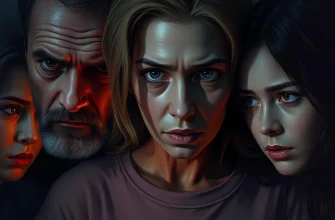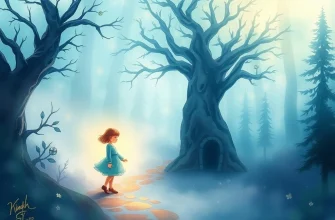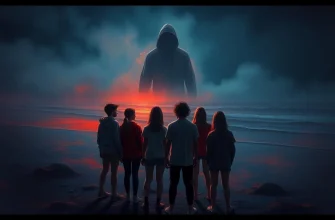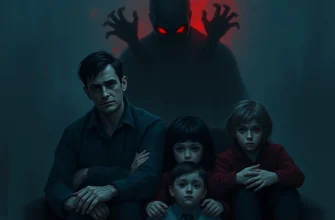Ben je fan van 'Kopfgeld für einen Killer' (1972) en op zoek naar soortgelijke films of series? Dit artikel biedt een lijst van 10 titels die dezelfde mix van actie, humor en western-stijl bieden. Perfect voor liefhebbers van klassieke spaghetti-westerns!

A Fistful of Dollars (1964)
Beschreibung: A mysterious stranger plays two rival factions against each other in a lawless town. The film's minimalist dialogue and focus on a lone antihero align with the reference's storytelling approach.
Fakt: This was the first installment of the 'Dollars Trilogy'. The movie was an unofficial remake of Akira Kurosawa's 'Yojimbo', leading to a lawsuit.
 Jetzt ansehen
Jetzt ansehen

The Good, the Bad and the Ugly (1966)
Beschreibung: This epic spaghetti western revolves around three morally complex characters in a ruthless quest for treasure. The film's visual style and exploration of greed and betrayal mirror the reference's themes.
Fakt: The iconic score by Ennio Morricone is one of the most recognizable in film history. The movie's runtime was significantly cut for its initial U.S. release.
 Jetzt ansehen
Jetzt ansehen
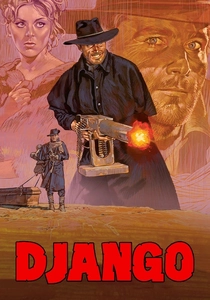
Django (1966)
Beschreibung: The film features a lone gunslinger navigating a violent and morally ambiguous world, much like the protagonist in the reference. Its gritty tone and themes of revenge and survival align closely.
Fakt: The movie was banned in several countries due to its extreme violence. It also inspired over 30 unofficial sequels, none of which were related to the original story.
 Jetzt ansehen
Jetzt ansehen

Day of Anger (1967)
Beschreibung: A young outcast learns the ways of gunfighting from a seasoned veteran, leading to moral conflicts. The mentor-student dynamic and exploration of violence mirror the reference's themes.
Fakt: Lee Van Cleef's character was originally written as much younger. The film features one of the most elaborate quick-draw sequences in western cinema.
 Jetzt ansehen
Jetzt ansehen

Kill Them All and Come Back Alone (1968)
Beschreibung: A group of mercenaries undertake a dangerous mission during the Civil War. The film's focus on professional killers and wartime setting shares similarities with the reference's premise.
Fakt: The title was inspired by a popular Italian comic book. The movie blends western and war movie elements in an unusual way.
 Jetzt ansehen
Jetzt ansehen

The Great Silence (1968)
Beschreibung: Set in a snow-covered landscape, this film subverts western tropes with its bleak tone and morally ambiguous characters. Its unconventional setting and tragic ending parallel the reference's darker elements.
Fakt: The movie was shot in the Italian Alps during winter. It features one of the most downbeat endings in western cinema history.
 Jetzt ansehen
Jetzt ansehen

Once Upon a Time in the West (1968)
Beschreibung: The film's operatic scale and focus on the changing American frontier feature similar themes of vengeance and the end of an era. Its visual grandeur and pacing are reminiscent of the reference.
Fakt: Henry Fonda was cast against type as the villain. The opening sequence is one of the longest in cinema history at nearly 14 minutes with almost no dialogue.
 Jetzt ansehen
Jetzt ansehen

Death Rides a Horse (1967)
Beschreibung: A young man seeks revenge with the help of an experienced gunman. The film's themes of vengeance and partnership, along with its visual style, are similar to the reference.
Fakt: The movie's score was composed by Ennio Morricone. It was one of the first spaghetti westerns to feature a black protagonist in a major role.
 Jetzt ansehen
Jetzt ansehen

Ace High (1968)
Beschreibung: This film follows a group of con artists and gunslingers in a complex plot of revenge and deception. Its ensemble cast and intricate storyline resemble the reference's narrative complexity.
Fakt: The movie is a sequel to 'God Forgives... I Don't!'. It features one of the most elaborate train robbery sequences in spaghetti western history.
 Jetzt ansehen
Jetzt ansehen

Sabata (1969)
Beschreibung: A mysterious gunslinger with exceptional skills takes on corrupt officials in a small town. The film's stylized violence and lone protagonist echo the reference's central character.
Fakt: The character's name was originally supposed to be 'Indio Black'. The movie spawned two sequels despite being conceived as a standalone film.
 Jetzt ansehen
Jetzt ansehen


